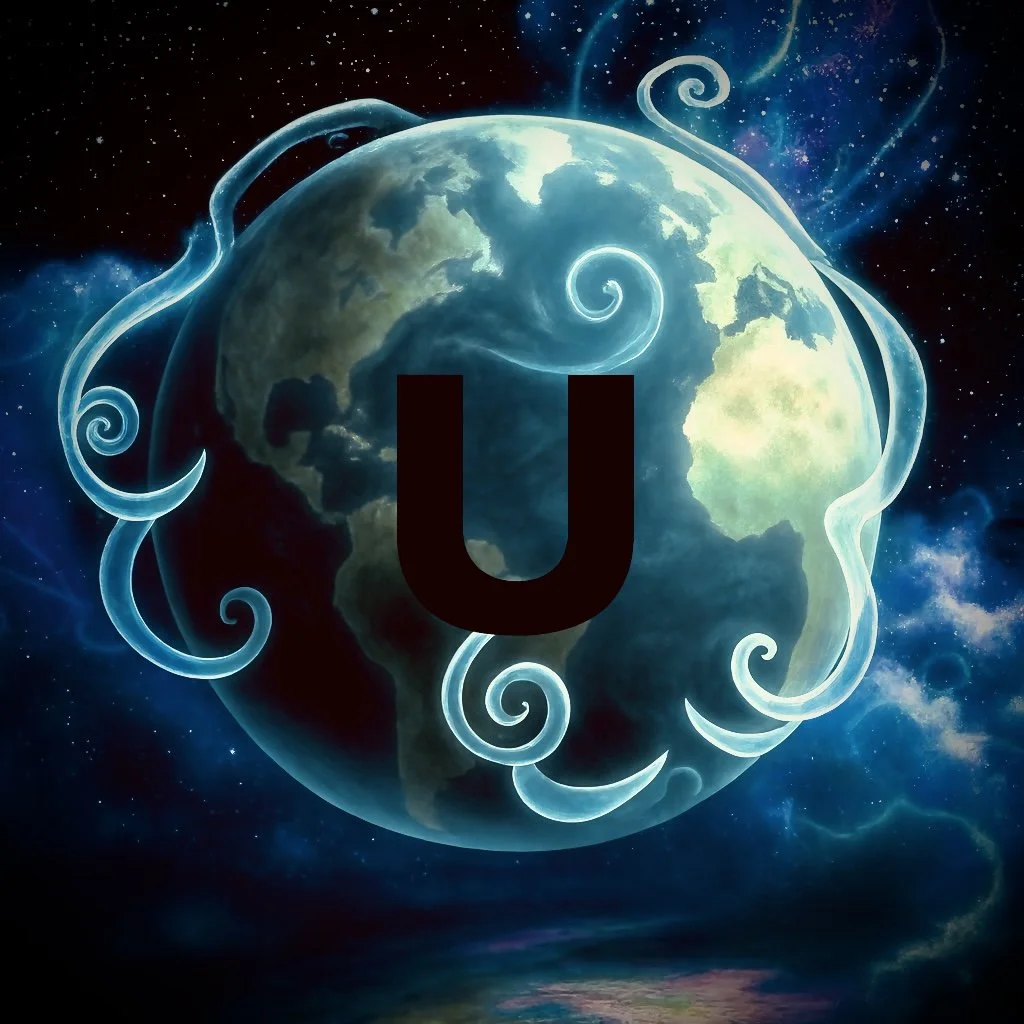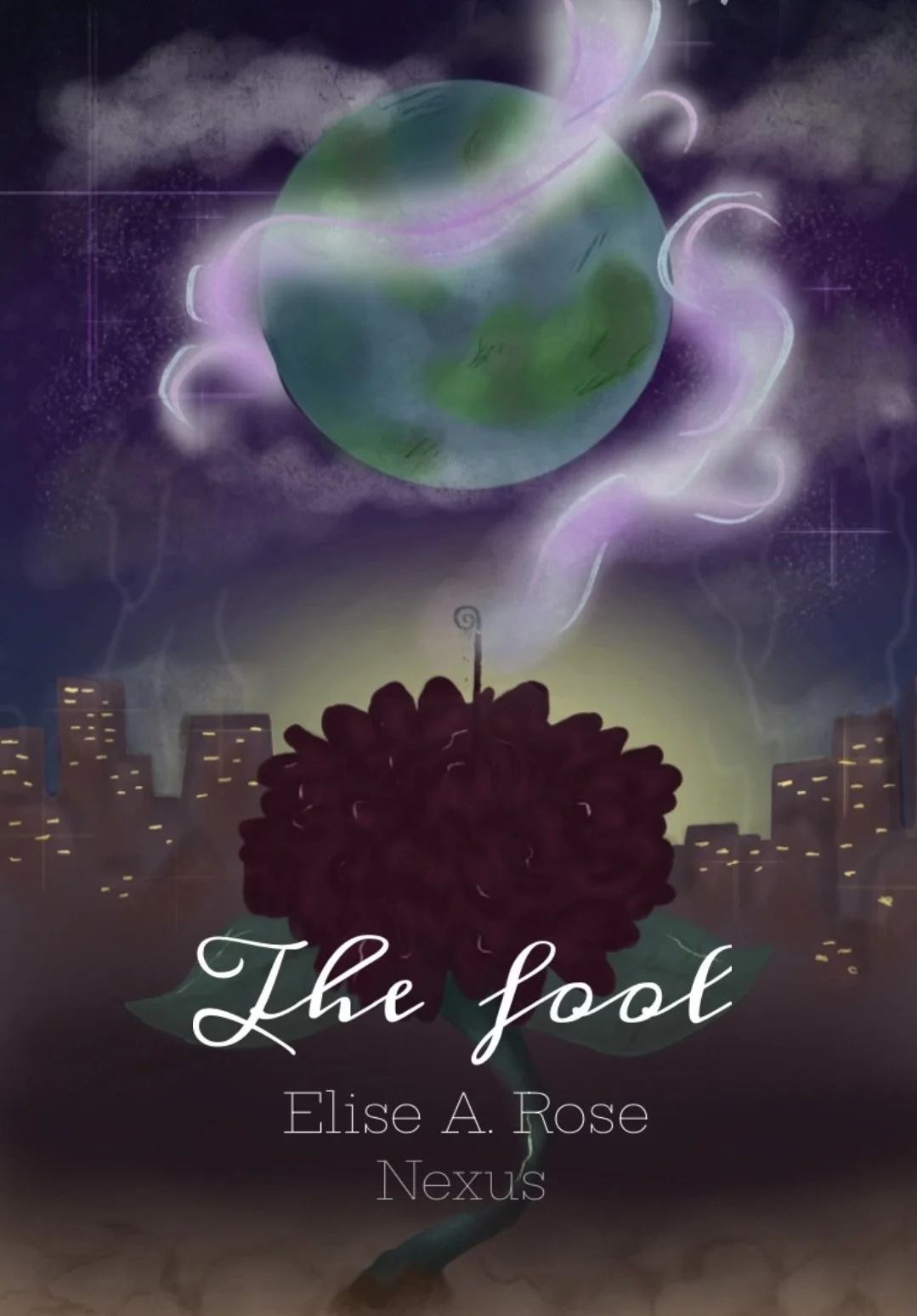In Two: The bridge to the Universe
The Fool
Art by: Glass_Skull_Productions


Art by: Glass_Skull_Productions